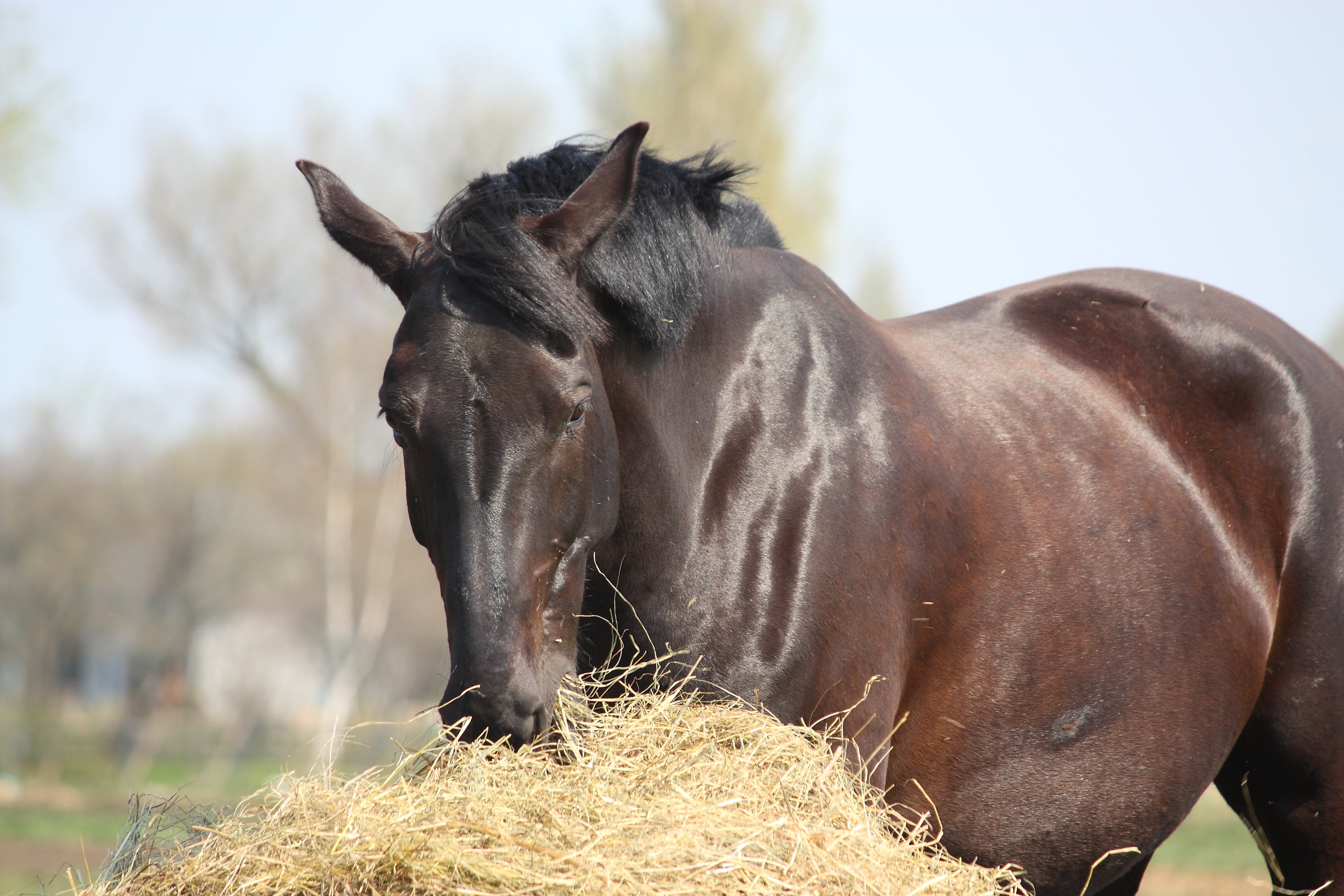Home > Horse Care > Can horses eat prior to surgery?
Can horses eat prior to surgery?
- May 1, 2024
- ⎯ Christine Barakat
To reduce their risk of aspiration pneumonia, people who undergo general anesthesia are generally told not to eat or drink anything for at least eight hours prior to the procedure. However, a study suggests that similar precautions may not be necessary for horses in many cases.

Researchers reviewed the records of horses who underwent general anesthesia at the Oakridge Equine Hospital in Edmond, Oklahoma, between 2012 and 2014. In particular, they collected data on horses over age 2, that had non-emergency, non-abdominal procedures and had not been fasted prior to administration of general anesthesia.
Because horses do not vomit, aspiration pneumonia is not considered a primary postsurgical risk; instead, the researchers focused on a more common complication—postsurgical colic.
The data showed that only 2.5 percent of the horses who had not been fasted prior to non-abdominal surgery developed colic. And no correlation was found between the risk of postoperative colic and the horse’s age, surgical procedure or duration of anesthesia.
The researchers conclude that allowing a horse to eat prior to undergoing general anesthesia for surgery that does not involve the digestive system may maintain normal gut motility and thereby decrease the risk of post- operative colic.
Reference: “Incidence of post-anesthetic colic in non-fasted adult equine patients,” Canadian Veterinary Journal,” December 2016
This article was originally published in EQUUS #474
Don’t miss out! With the free weekly EQUUS newsletter, you’ll get the latest horse health information delivered right to your in basket! If you’re not already receiving the EQUUS newsletter, click here to sign up. It’s *free*!





